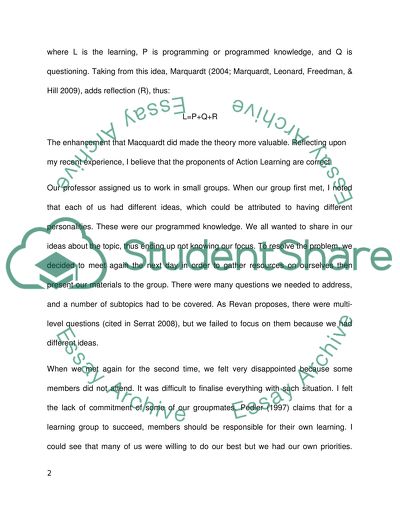Cite this document
(“Active learning Essay Example | Topics and Well Written Essays - 1750 words”, n.d.)
Retrieved from https://studentshare.org/health-sciences-medicine/1429622-reflective-piece
Retrieved from https://studentshare.org/health-sciences-medicine/1429622-reflective-piece
(Active Learning Essay Example | Topics and Well Written Essays - 1750 Words)
https://studentshare.org/health-sciences-medicine/1429622-reflective-piece.
https://studentshare.org/health-sciences-medicine/1429622-reflective-piece.
“Active Learning Essay Example | Topics and Well Written Essays - 1750 Words”, n.d. https://studentshare.org/health-sciences-medicine/1429622-reflective-piece.


